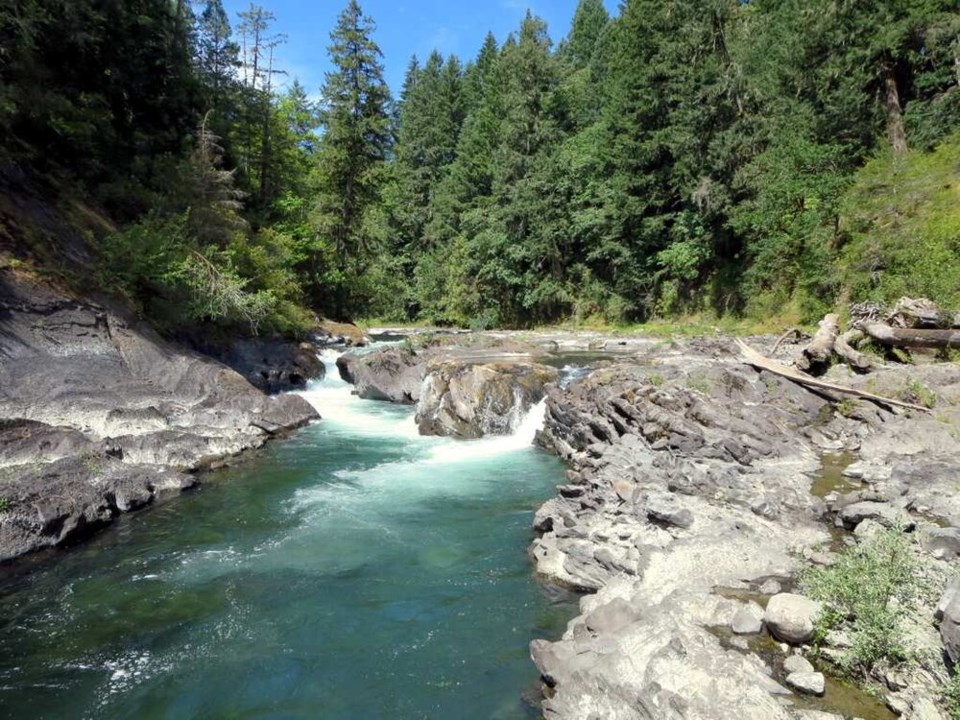Seven parks and one protected area are set to grow across the province in a move that will safeguard new slices of land near a popular ski resort, the largest freshwater marsh in the Lower Mainland and an Okanagan grassland ecosystem home to endangered species.
Since 2020, the province has bought over 229 hectares of land costing $2.47 million. They include:
- Edge Hills Park - 65 ha protecting river canyon views and grassy bench lands near Clinton
- Blue River Black Spruce Park - 59 ha protesting black spruce between Kamloops and Jasper
- Pinecone Burke Park - 50 ha of freshwater wetland north of Coquitlam
- Cowichan River Park - 39 ha of treed waterfront near hosts portions of the Trans Canada Trail and the Cowichan River Footpath near Duncan
- White Lake Grasslands Protected Area near Okanagan Falls - 10 ha of dry grassland and open pine forest between Penticton and Oliver
- Wakes Cove Marine Park near Nanaimo - 2 ha of coastline on Valdez Island to provide sheltered anchorage and access to hiking, picnic areas and wildlife viewing.
- Gowlland Tod Park near Victoria - 4 ha of Douglas fir forest near Hazlitt Creek north of Victoria
- Cypress Park - 0.3 ha near West Vancouver to safeguard a right of way to Cypress Mountain Resort and protect a portion of the picnic area and parking lot at a popular roadside lookout
The B.C. government says it will now consult with First Nations and conduct legal boundary mapping before adding the lands to the parks system.
Parks across B.C. have been increasingly popular in recent years, especially in the area around Metro Vancouver. Park visits in the South Coast spiked to 10.3 million in 2019, up from 6.5 million in 2010. At that rate, the ministry projects visits to hit 16 million per year by 2029.
Last month, the Ministry of Environment and Climate Change Strategy relaunched a free day-pass system across five of the province’s busiest parks.
Critics say it does little to fix the root causes of increasingly crowded parks. They say more money needs to be put into trail expansion and maintenance to disperse crowds within existing parks.



